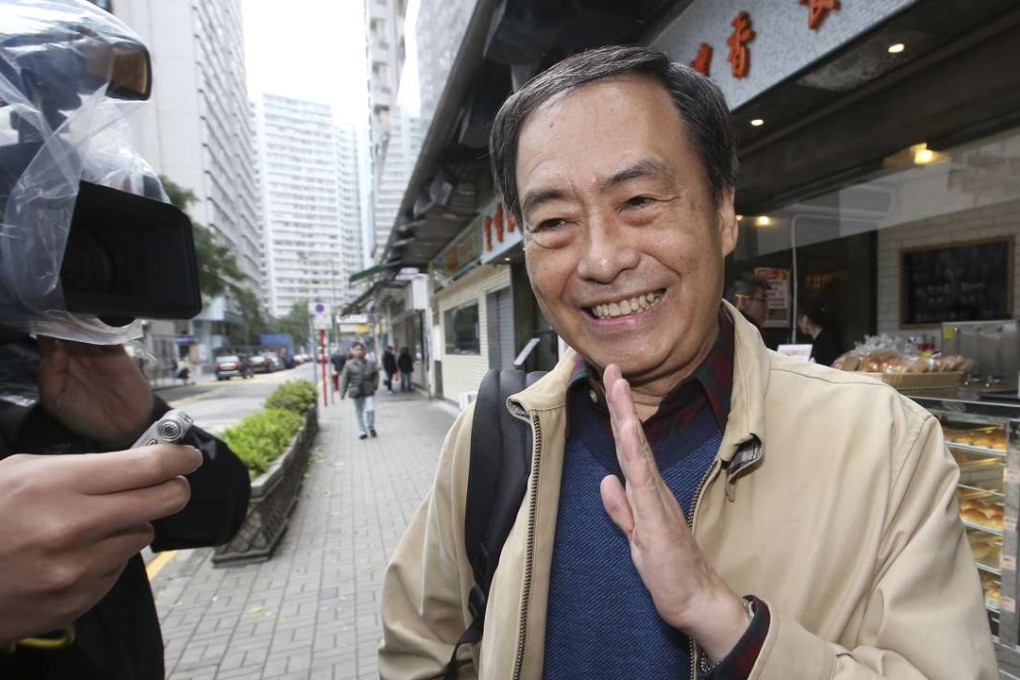Hong Kong people learn that Basic Law freedoms stop at the border
Sonny Lo says the apparent abductions of five booksellers show that the spreading of political rumours on the mainland will not be tolerated

With the return of Lee Po to Hong Kong and his remarks to the media, it is crystal clear that the freedom of publication conferred upon the people of Hong Kong, according to Article 27 of the Basic Law, has its limits.
Several books carried assertions and predictions that turned out to be almost accurate
First, it is clear that books on Chinese politics or leaders cannot be taken to the mainland by either mainland tourists or Hong Kong people. What was explosive about the content of the books connected with Lee and his associates was the mixture of rumours and half-truths. Lee himself admitted that the books created unfounded rumours that had a detrimental impact on mainland society. From China’s perspective, any book spreading political rumours on the mainland could be regarded as potentially “subversive”.
Second, it is worth noting that several books carried assertions and predictions that turned out to be almost accurate. Months prior to the official announcement of the reforms of the People’s Liberation Army, a book already predicted that the PLA would undergo reform and that it would be divided into four regions. As it turned out, PLA reforms were indeed on the cards, though it entailed five regions instead of four. If such information was deliberately leaked, it would be seen as a national security issue from Beijing’s perspective.

Lee Po incident raises more questions over ‘one country, two systems’, says Hong Kong Bar Association chair Winnie Tam
The books Lee and his associates published touched on power struggles of the Chinese leadership, scandals of corrupt officials, the assets of princelings and high-level cadres, and rumours about Chinese political developments at the central, provincial and local levels. The books on former officials such as Bo Xilai ( 薄熙來 ) and Zhou Yongkang (周永康), as well as disgraced generals such as Xu Caihou (徐才厚) and Guo Boxiong (郭伯雄), raised questions about how much was true, and who leaked it. It is possible that if factional politics was involved, the rumour-mongering might have been the work of a faction looking to discredit the ruling regime.
The most puzzling issue, of course, is how Lee was “returned” to the mainland to “assist with investigations”. Although the facts may never be revealed, the suspicions of cross-border political “kidnapping” will never go away.
Former Chinese president Jiang Zemin (江澤民) said that “river water should not intrude into well water”. The new meaning of this statement is that, while the people of Hong Kong enjoy the freedom of publication, books that have content related to mainland China and that might include either rumours or partial facts run the risk of committing “cross-border crime”, especially if these books are available on the mainland.
Sonny Lo is head of the department of social sciences at the Hong Kong Institute of Education